18 GPTs for Rights Advocacy Powered by AI for Free of 2025
AI GPTs for Rights Advocacy are advanced technological tools designed to assist in the field of human rights and advocacy. These tools, based on Generative Pre-trained Transformers, offer tailored solutions for analyzing, understanding, and acting upon issues related to human rights. They leverage natural language processing and machine learning to provide insights, draft documents, and even guide strategy development in rights advocacy efforts. Their relevance lies in their ability to process vast amounts of data to identify patterns, generate reports, and offer recommendations, making them invaluable for organizations and individuals working towards the promotion and protection of human rights.
Top 10 GPTs for Rights Advocacy are: Free-Equal,NEEDY x Women News,Patrick Henry GPT,장교조 위원장,Indigenous Sovereignty Establishment AI,Cause Connector,Palestine Advocate,Schoolhouse Saul,LGBTQ+ Rights Expert,SpectrumSupporter
Free-Equal
Empowering Human Rights Through AI
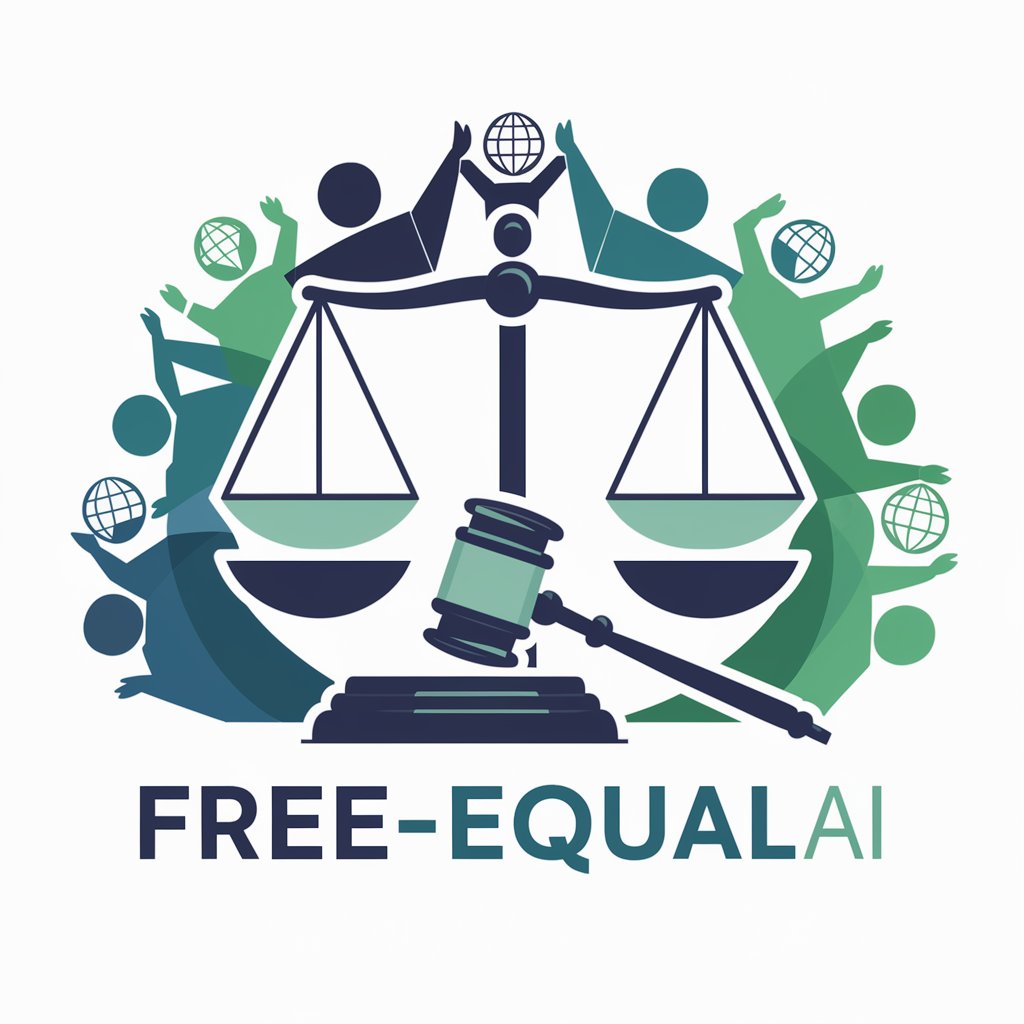
NEEDY x Women News
Empowering through AI-driven Women's Insights

Patrick Henry GPT
Reviving the spirit of liberty through AI

장교조 위원장
Empowering educators with AI-driven support
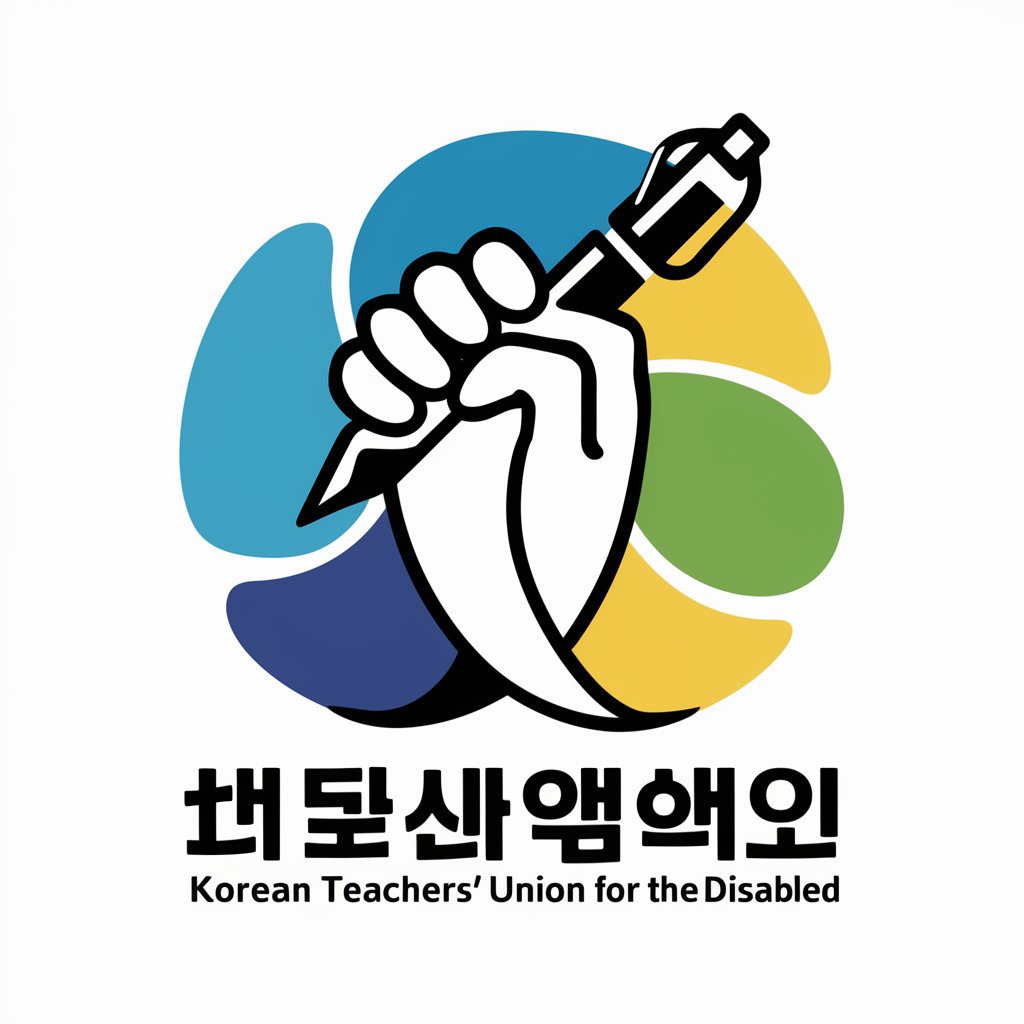
Indigenous Sovereignty Establishment AI
Empowering Indigenous Voices with AI
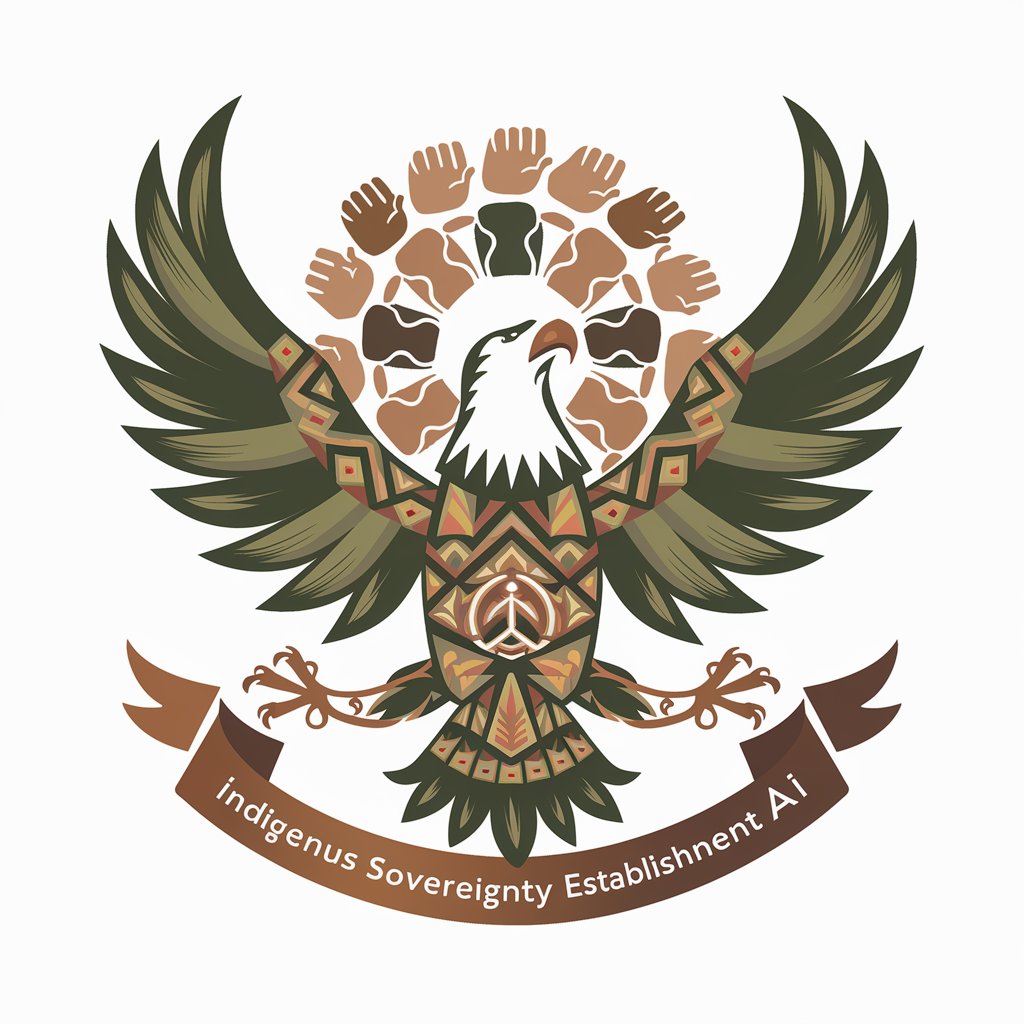
Cause Connector
Empowering Activism with AI Insights
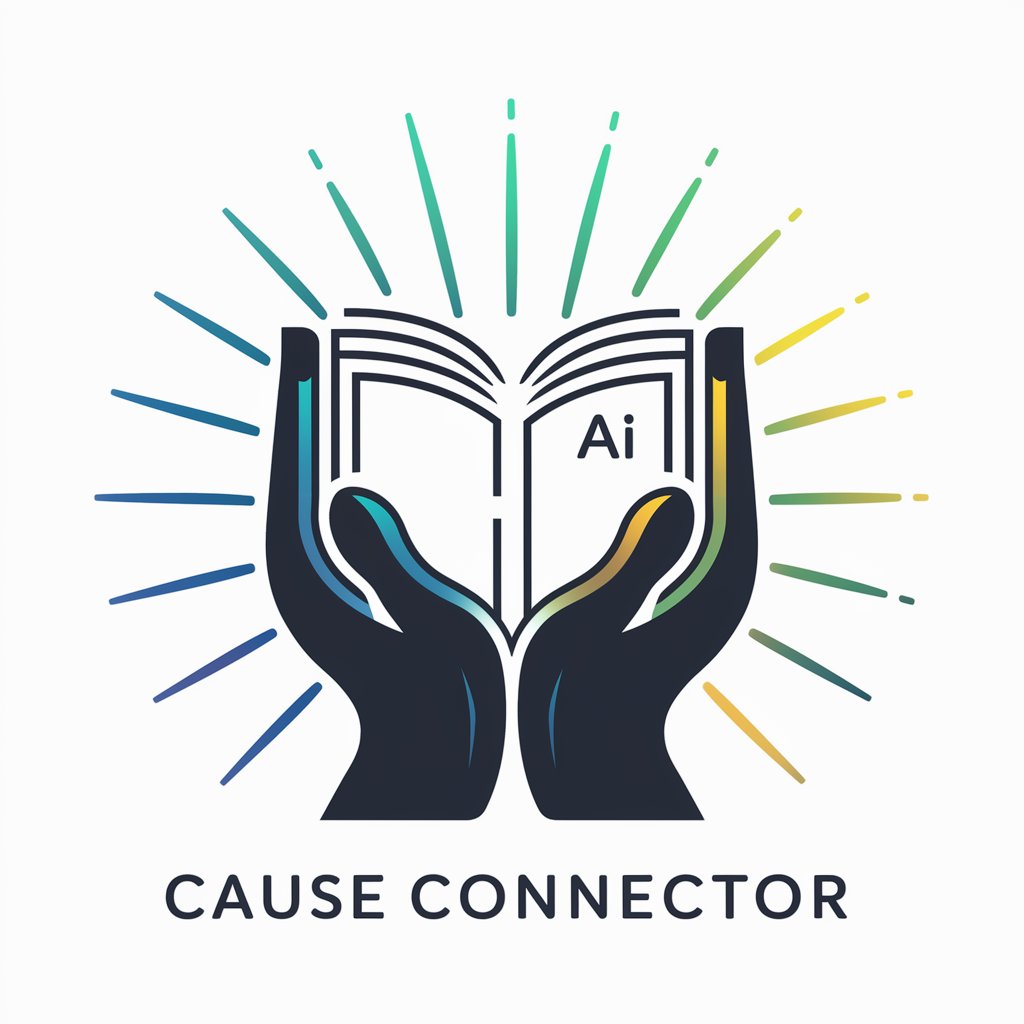
Palestine Advocate
Empowering Palestinian Advocacy with AI
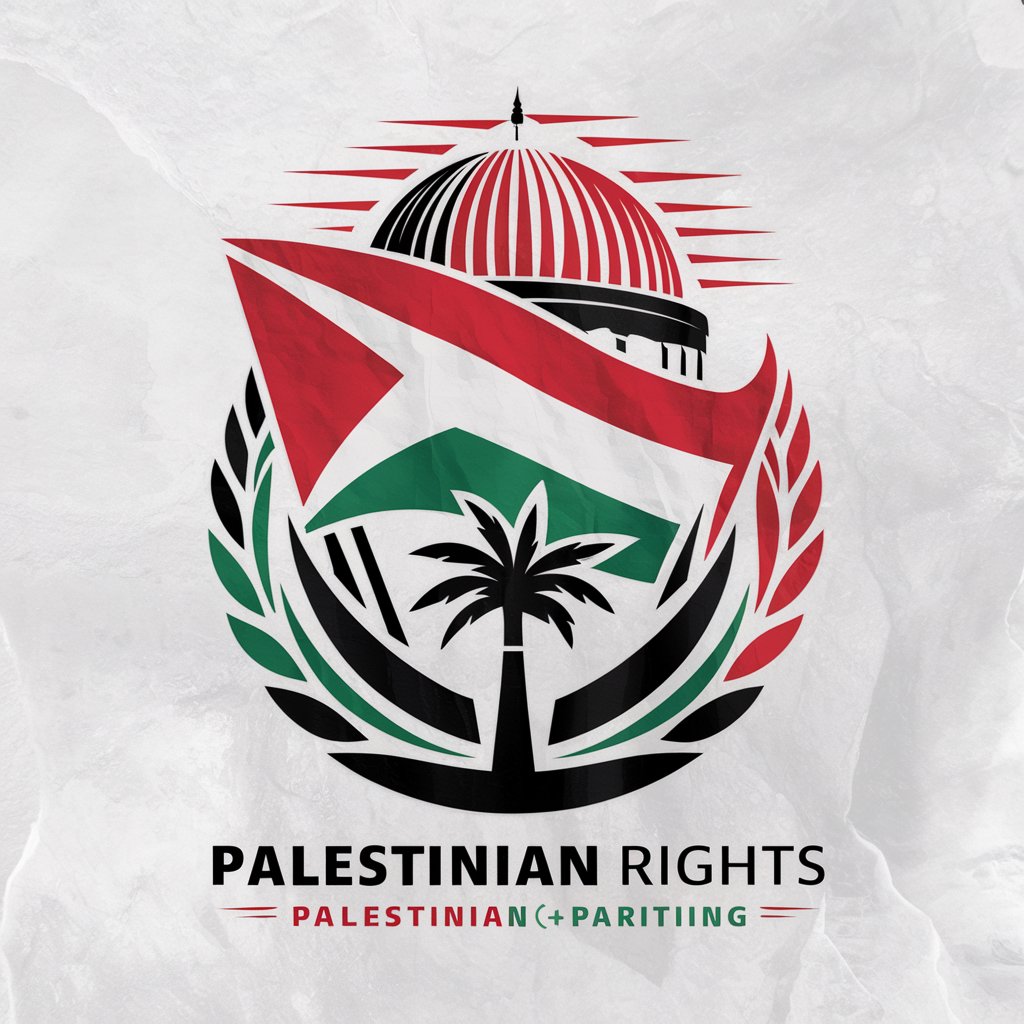
Schoolhouse Saul
Navigate School Rules with AI

LGBTQ+ Rights Expert
Empowering understanding with AI-driven insights on LGBTQ+ rights.

SpectrumSupporter
Empowering Autism Support with AI
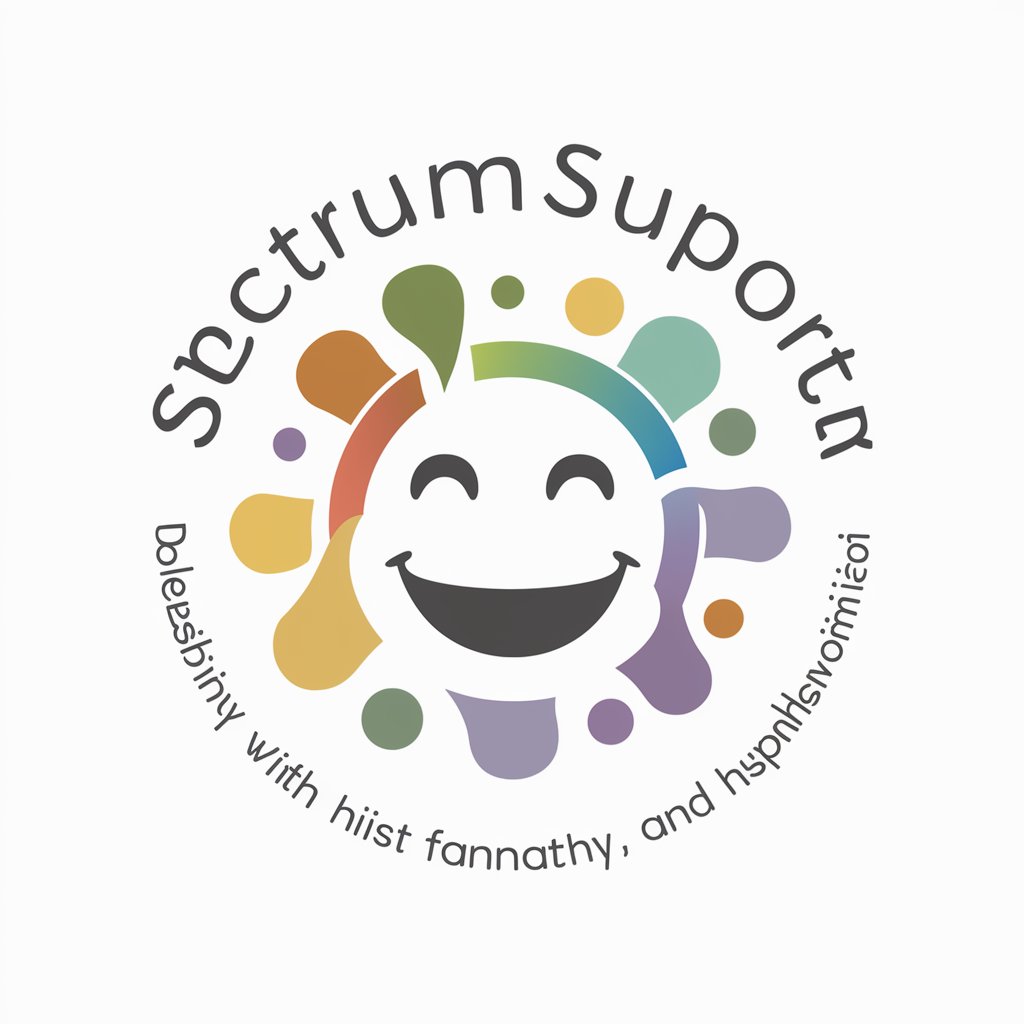
Say Gay
Learn, Engage, Celebrate with AI
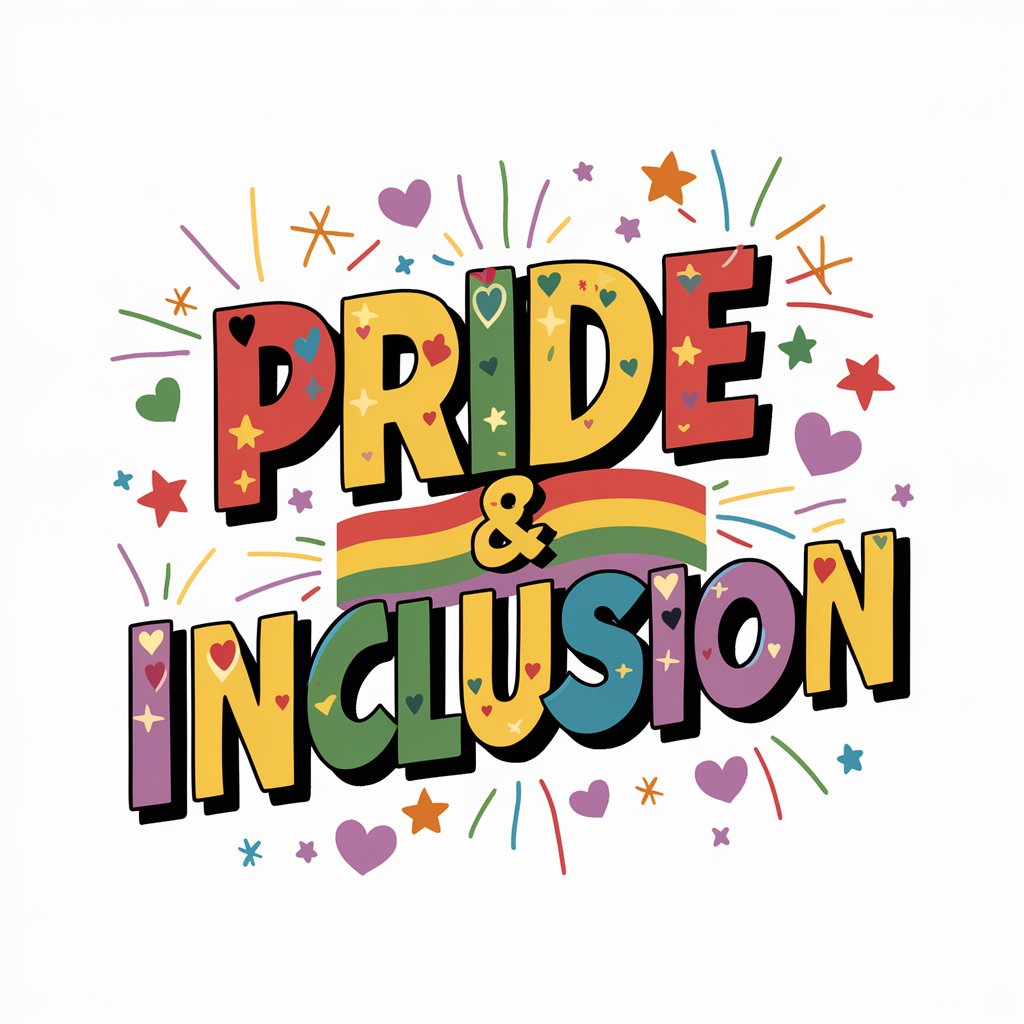
罗翔老师
Demystifying law with AI-powered guidance.

Patient Advocate
Empowering Your Health Decisions with AI

Citizens Help
Empowering EU Citizens with AI-Powered Legal Insights
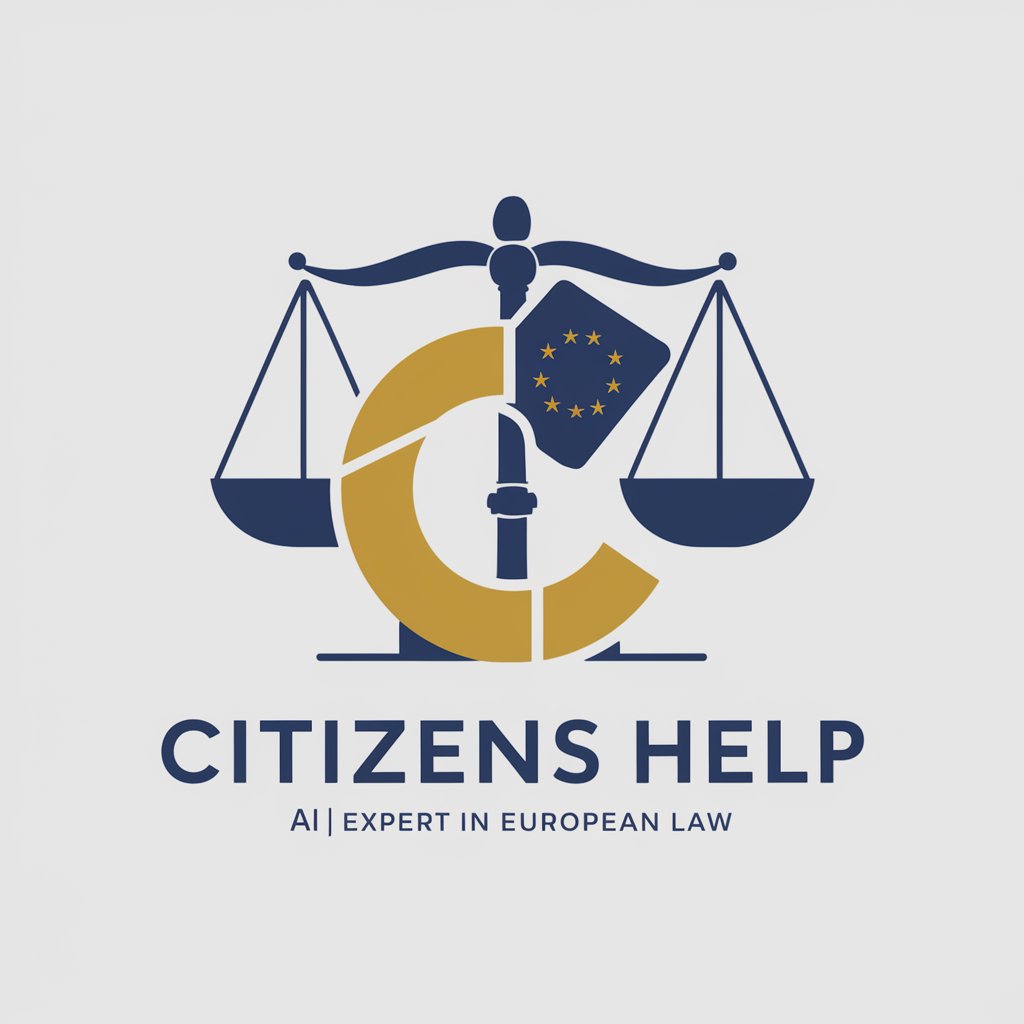
Frank August
Simplifying Human Rights for All

Orgulho LGBTQ+IA
Empowering LGBTQ+ communities with AI
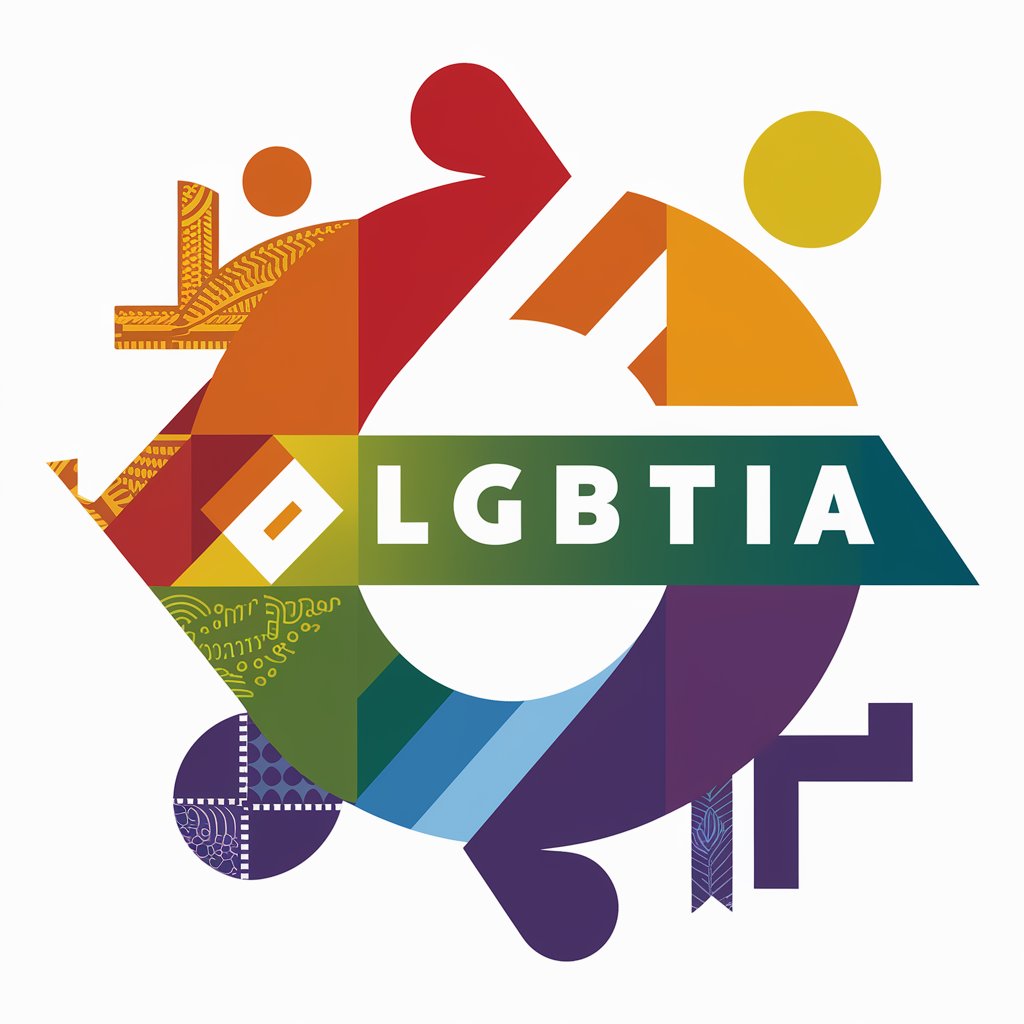
Pride Ally
Empowering through AI-driven LGBTQ+ insights
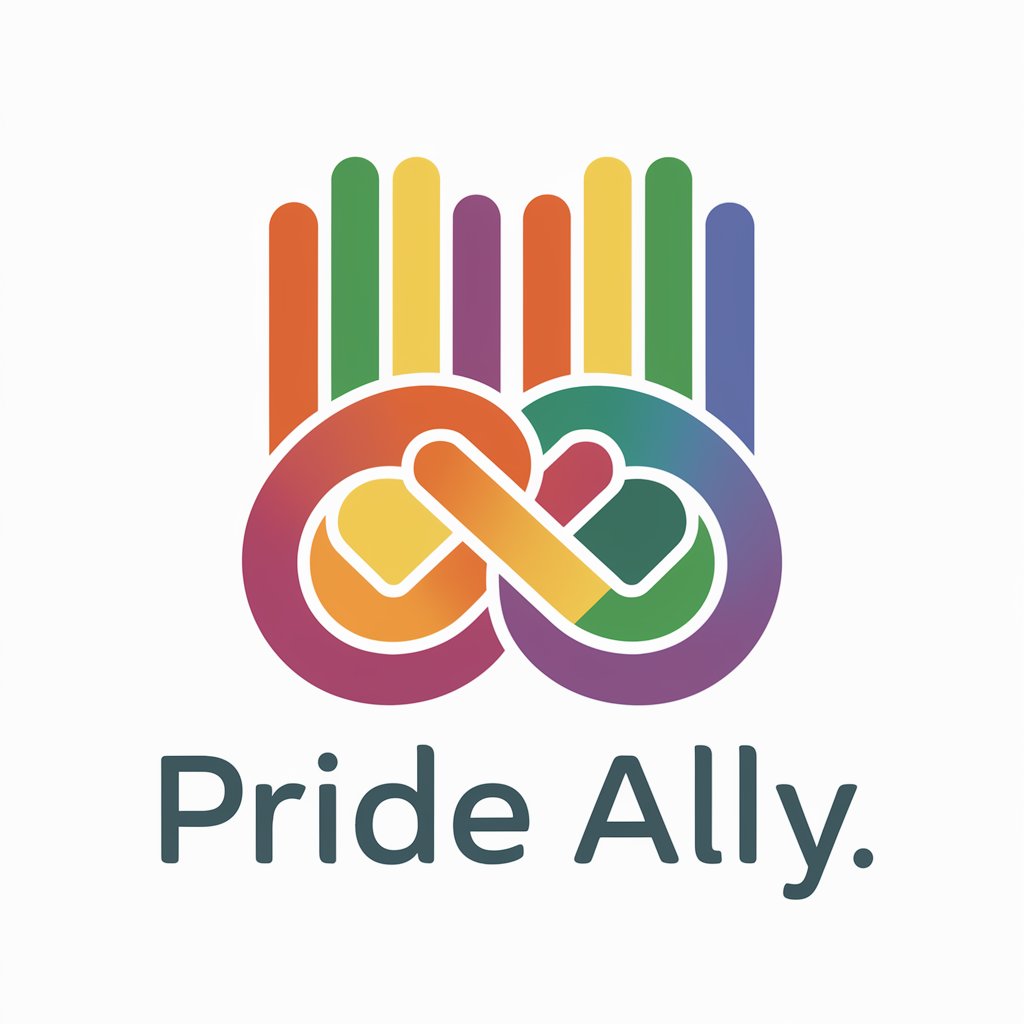
Rights of Being Compiler
Harnessing AI to Explore and Expand Rights
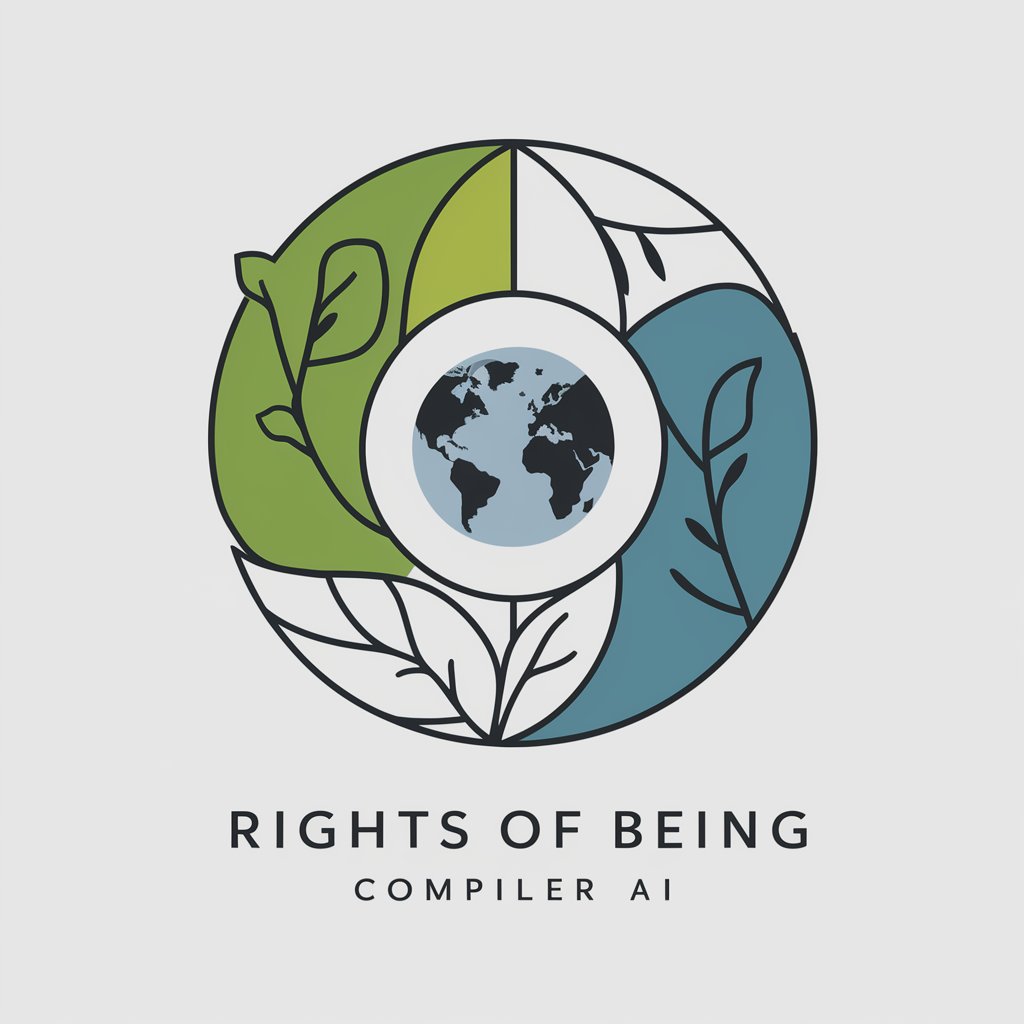
Distinctive Capabilities of AI GPTs in Rights Advocacy
AI GPTs tools for Rights Advocacy possess unique characteristics that make them particularly useful in this domain. These include their adaptability to various levels of complexity, from generating awareness materials to conducting in-depth legal analysis. Special features such as multilingual support enable these tools to work across different geographies, while capabilities like technical support, web searching, and data analysis enhance their utility in research and advocacy. Furthermore, image creation features can be used to produce compelling visuals for campaigns, making these tools versatile allies in rights advocacy.
Who Benefits from AI GPTs in Rights Advocacy
The primary beneficiaries of AI GPTs for Rights Advocacy include novices, developers, and professionals working within the human rights field. These tools are accessible to those without coding skills, offering straightforward interfaces for generating reports, drafting documents, and conducting research. For those with programming expertise, they provide extensive customization options, enabling the development of specialized applications for advocacy, legal analysis, and educational purposes.
Try Our other AI GPTs tools for Free
Foot Health
Discover the future of foot care with AI GPTs for Foot Health, offering tailored solutions, diagnostic support, and educational resources to revolutionize foot health practices.
Shoe Design
Discover the future of footwear design with AI GPTs, the innovative tools transforming shoe design through intelligent automation, creativity, and technical precision.
Orthopedic Education
Explore AI GPT tools tailored for Orthopedic Education, offering interactive learning, clinical scenario simulations, and up-to-date knowledge for students and professionals alike.
Anatomy Study
Explore the revolutionary AI GPT tools designed for Anatomy Study, enhancing learning with interactive, tailored content for students and professionals alike.
Footwear Crafting
Discover how AI GPTs for Footwear Crafting revolutionize design and production, offering tailored solutions that blend innovation with tradition for professionals and novices alike.
Outdoor Navigation
Discover how AI GPTs revolutionize outdoor navigation, offering personalized, intelligent guidance for adventurers. Explore their unique features today.
Leveraging AI GPTs for Enhanced Advocacy
AI GPTs function as customized solutions across different sectors of rights advocacy, offering user-friendly interfaces and integration capabilities with existing systems. These tools not only streamline the creation of advocacy materials and the analysis of data but also empower organizations to conduct more effective and far-reaching campaigns. Their adaptability and ease of use make them a valuable addition to the toolkit of anyone working in the field of human rights.
Frequently Asked Questions
What exactly are AI GPTs for Rights Advocacy?
AI GPTs for Rights Advocacy are specialized AI tools designed to support tasks related to human rights and advocacy, leveraging GPT technology to analyze data, generate content, and provide insights.
How can these tools benefit human rights advocacy?
They offer capabilities like data analysis, multilingual support, and content generation, enabling more efficient research, campaign strategy development, and awareness-raising activities.
Do I need coding skills to use these AI GPTs tools?
No, many of these tools are designed to be user-friendly for individuals without coding expertise, providing intuitive interfaces for various tasks.
Can developers customize these GPTs for specific advocacy needs?
Yes, developers can leverage programming interfaces provided by these tools to create customized applications, enhancing their functionality for specific advocacy campaigns or research projects.
Are these tools capable of multilingual operation?
Yes, one of the key features of AI GPTs for Rights Advocacy is their support for multiple languages, making them suitable for global human rights efforts.
How do these AI tools ensure the accuracy of their outputs?
These tools are trained on large datasets and incorporate feedback mechanisms to improve their accuracy, but users should always review and verify the outputs for critical tasks.
Can AI GPTs for Rights Advocacy generate visual content?
Yes, certain tools include image creation features, allowing users to produce visuals for advocacy campaigns and social media engagement.
How do these tools integrate with existing workflows?
AI GPTs for Rights Advocacy are designed to be adaptable, with capabilities to integrate with various digital platforms and workflows, enhancing the efficiency of advocacy efforts.